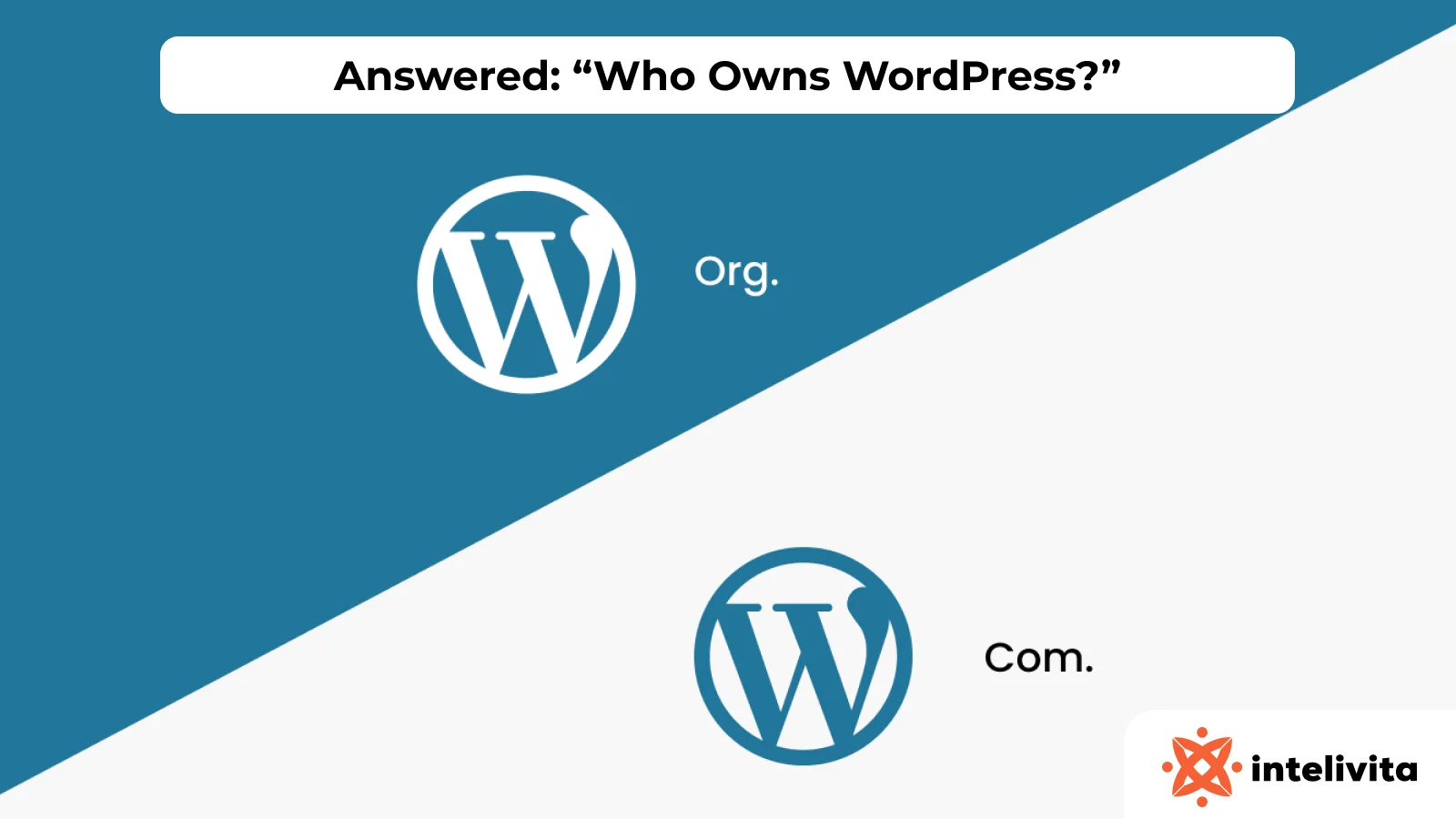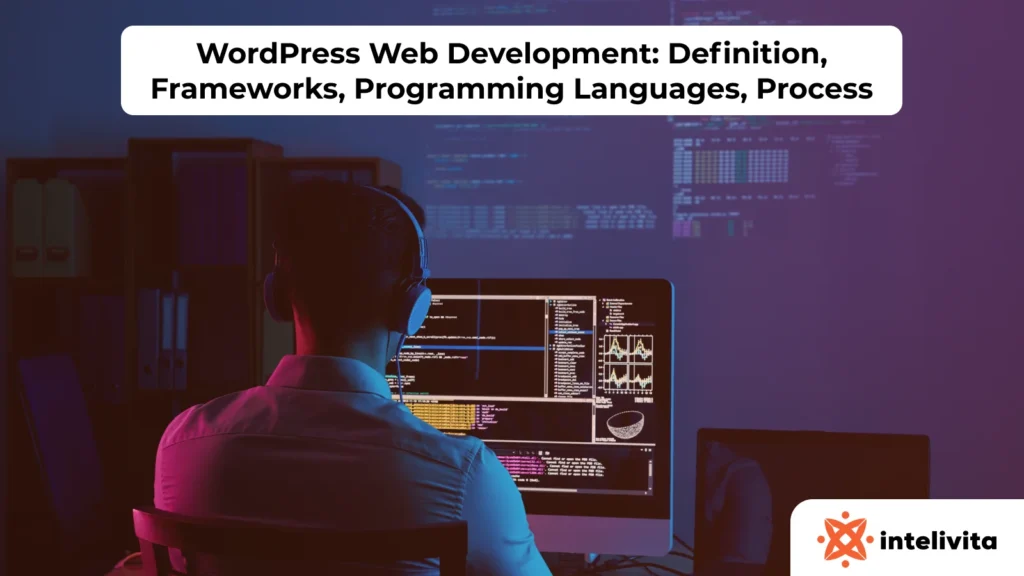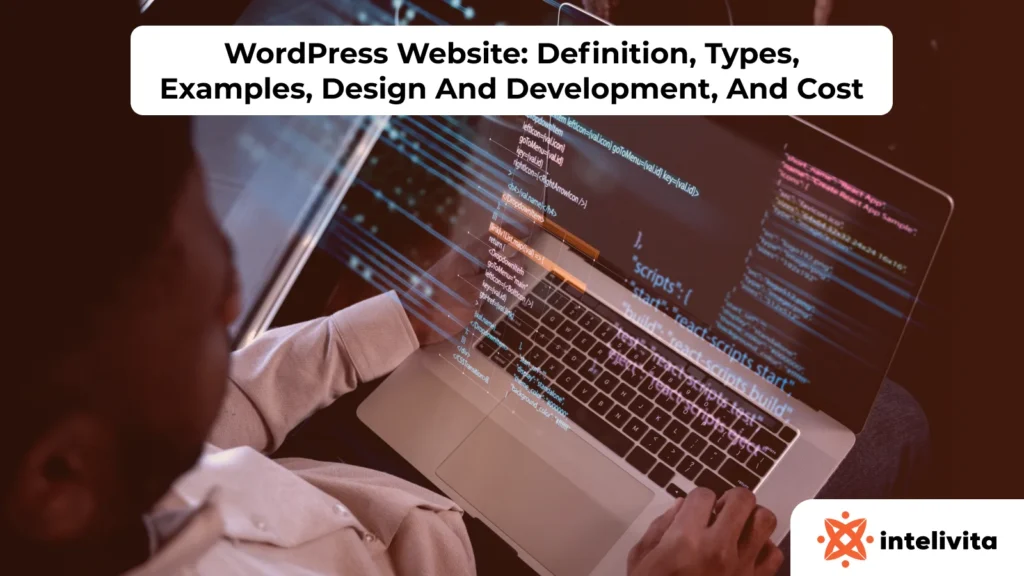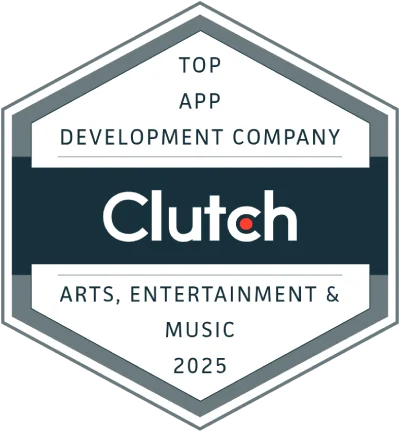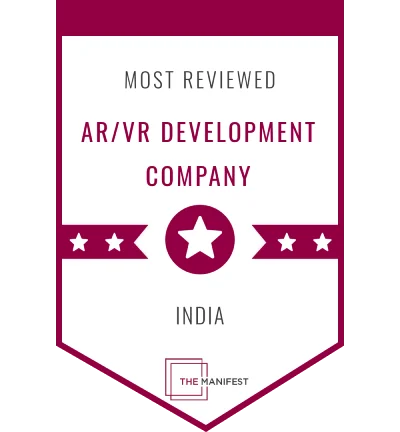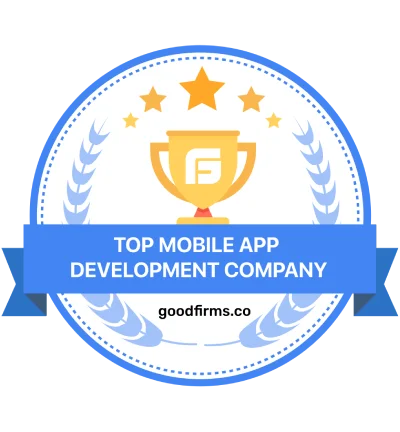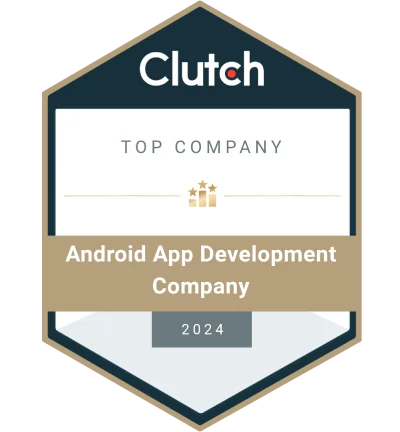WordPress, the powerhouse behind over 40% of websites on the internet, has become synonymous with user-friendly content management and website creation.
Its widespread adoption and global impact raise questions about its ownership structure.
Who owns WordPress? Who is the founder of WordPress?
In this blog, we delve deep into the intricate dynamics that define ownership in the WordPress universe, from its humble beginnings to its current status as a cornerstone of the web.
Who Created WordPress & When Was It Launched?
WordPress’s first version was launched on May 27th, 2003 by Blogger Matt Mullenweg and Mike Little; WordPress was born out of a desire to create an elegant and user-friendly platform for blogging.
It quickly became a versatile CMS, attracting a vast community of developers, designers, and content creators.
Delve into the question of “Who Owns WordPress?” and learn how Intelivita’s WordPress development services can shape your digital presence.
The Foundation of WordPress
To understand the ownership of WordPress, we must journey back to its inception in 2003. Matt Mullenweg and Mike Little co-founded WordPress as a blogging platform.
Their vision was to provide users with a seamless and intuitive experience, marking the birth of a tool to revolutionize online publishing.
In 2010, Matt Mullenweg established the WordPress Foundation, a non-profit organization entrusted with safeguarding the principles of open source and ensuring the platform’s long-term success.
The Foundation plays a crucial role in maintaining the integrity of the WordPress project, emphasizing accessibility, security, and the collaborative spirit that defines open-source development.
Automattic
While the WordPress Foundation reins the open-source project, Automattic, founded by Matt Mullenweg in 2005, plays a vital role in the WordPress ecosystem.
Automattic is not a traditional WordPress owner but a significant contributor and supporter responsible for managing WordPress.com, a commercial hosting service for WordPress sites.
Automattic’s relationship with WordPress is unique.
While it operates WordPress.com and contributes substantially to the platform, it doesn’t own WordPress traditionally.
The synergy between Automattic and the WordPress Foundation highlights the delicate balance between commercial interests and the open-source ethos that defines the platform.
Community-Driven Development
One of the unique aspects of WordPress is its community-driven development model.
Thousands of developers, designers, and enthusiasts contribute to the core software and the expansive library of and themes.
This distributed approach ensures that no single entity controls the destiny of WordPress, aligning with its open-source ethos.
This decentralized approach ensures that no single entity holds exclusive control over the evolution of WordPress.
Instead, it is a collective effort that reflects the diversity and passion of the global WordPress community.
Acquisitions and Partnerships
WordPress’s journey is also marked by strategic acquisitions and partnerships that have expanded its capabilities and user base.
Notable acquisitions include WooCommerce, a widely used e-commerce plugin, and Gravatar, a globally recognized avatar service.
These additions enhance WordPress’s functionality and showcase its adaptability to changing digital landscapes.
The Power of Open Source
At its core, WordPress thrives on open-source principles, fostering a collaborative environment where anyone can contribute code, suggest improvements, and participate in decision-making processes.
This inclusive approach dilutes traditional notions of ownership and emphasizes the collective responsibility of the global WordPress community.
The core strength of WordPress lies in its commitment to open source.
The platform’s open nature empowers developers to contribute, collaborate, and innovate.
The code is freely available for inspection and modification, fostering a culture of transparency and accountability.
This open-source philosophy is a cornerstone of WordPress’s success and resilience.
Challenges and Criticisms
Despite its widespread acclaim, WordPress is not immune to criticism.
Some argue that its growth has led to increased complexity, with concerns about security vulnerabilities and performance issues.
However, the WordPress community remains resilient, addressing challenges through continuous improvement and collaboration.
Conclusion
In conclusion, there’s no single entity that holds exclusive control.
The WordPress Foundation, Automattic, and the global community of contributors collectively shape the platform’s trajectory.
The ownership of WordPress is not a static concept but a dynamic interplay of individuals, organizations, and the broader community, united by a commitment to open source and collaborative development.
WordPress is not merely a tool; it’s a testament to the power of collaboration, transparency, and the enduring spirit of open-source innovation that continues to define the web.

